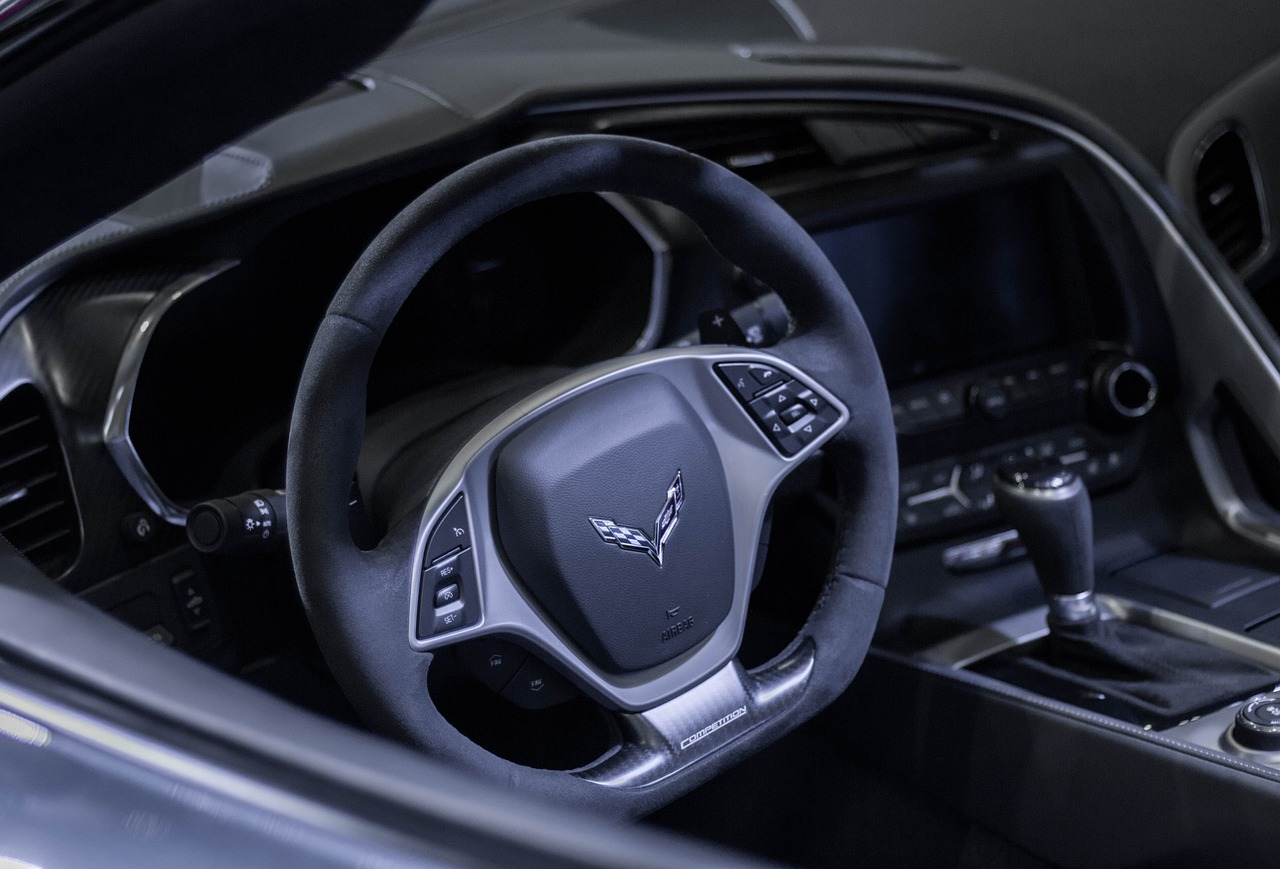The Future of Biometric Recognition Systems in Car Security
Biometric recognition systems have emerged as a promising solution to enhance car security in recent years. By utilizing unique physiological characteristics, such as fingerprints or facial features, these systems can authenticate the identity of the driver, preventing unauthorized access to the vehicle. This advanced technology offers a higher level of security compared to traditional key-based or keyless entry systems, as biometric data is inherently difficult to replicate or falsify.
Moreover, the implementation of biometric recognition systems in cars can streamline the authentication process, providing a more convenient and efficient user experience. Drivers no longer need to fumble for keys or remember complex passwords, as their identity is verified instantly upon interaction with the biometric sensors. This not only saves time but also reduces the risk of theft or break-ins, as only authorized individuals can access the vehicle.
Challenges and Limitations of Implementing Biometric Recognition Systems in Vehicles
Implementing biometric recognition systems in vehicles presents various challenges and limitations that need to be addressed for successful integration. One of the primary obstacles is the cost associated with installing these advanced systems in vehicles, which can significantly increase the overall production expenses. Additionally, ensuring the accuracy and reliability of biometric data captured in a moving vehicle poses a technical challenge due to factors like ambient noise, vibrations, and varying environmental conditions that can impact the sensors’ performance.
Moreover, privacy concerns and data security issues are significant limitations that must be carefully considered when implementing biometric recognition systems in vehicles. Collecting and storing biometric data, such as fingerprints or facial recognition information, raises ethical questions about how this sensitive information will be safeguarded and used. Striking a balance between convenience and protecting individuals’ privacy rights is crucial to gaining acceptance and trust from both consumers and regulatory authorities in the automotive industry.
Latest Technological Advancements in Biometric Recognition Systems for Cars
Biometric recognition systems for cars have witnessed remarkable technological advancements in recent years. The integration of features like facial recognition, fingerprint scanning, and voice authentication has enhanced the security and convenience of vehicle access. These systems offer a higher level of security compared to traditional methods like key fobs or passwords, making it harder for thieves to steal or break into cars.
Furthermore, the latest advancements in biometric recognition systems have also focused on improving user experience and customization. Manufacturers are developing systems that can recognize specific driver preferences, such as seat positions, climate settings, and entertainment options, creating a personalized driving experience. This not only adds a layer of convenience but also enhances the overall comfort and satisfaction of drivers.
• Biometric recognition systems now integrate features like facial recognition, fingerprint scanning, and voice authentication
• These advancements have enhanced security and convenience of vehicle access
• Systems offer a higher level of security compared to traditional methods like key fobs or passwords
• Makes it harder for thieves to steal or break into cars
• Latest advancements focus on improving user experience and customization
• Systems can recognize specific driver preferences such as seat positions, climate settings, and entertainment options
• Creates a personalized driving experience for drivers
• Adds convenience and enhances overall comfort and satisfaction
What are the potential benefits of implementing biometric recognition systems in cars?
Biometric recognition systems in cars can enhance security by ensuring that only authorized individuals can access the vehicle. They can also provide a convenient and seamless way for drivers to unlock and start their car.
What are some of the challenges of implementing biometric recognition systems in vehicles?
Some challenges include the cost of implementing the technology, concerns about privacy and data security, and the need for reliable and accurate biometric sensors that can work effectively in various conditions.
What are some of the latest technological advancements in biometric recognition systems for cars?
Some of the latest advancements include the use of multi-modal biometric systems that combine different biometric technologies for improved accuracy, the integration of biometric systems with other security features in the car, and the development of advanced AI algorithms for better recognition and authentication.





